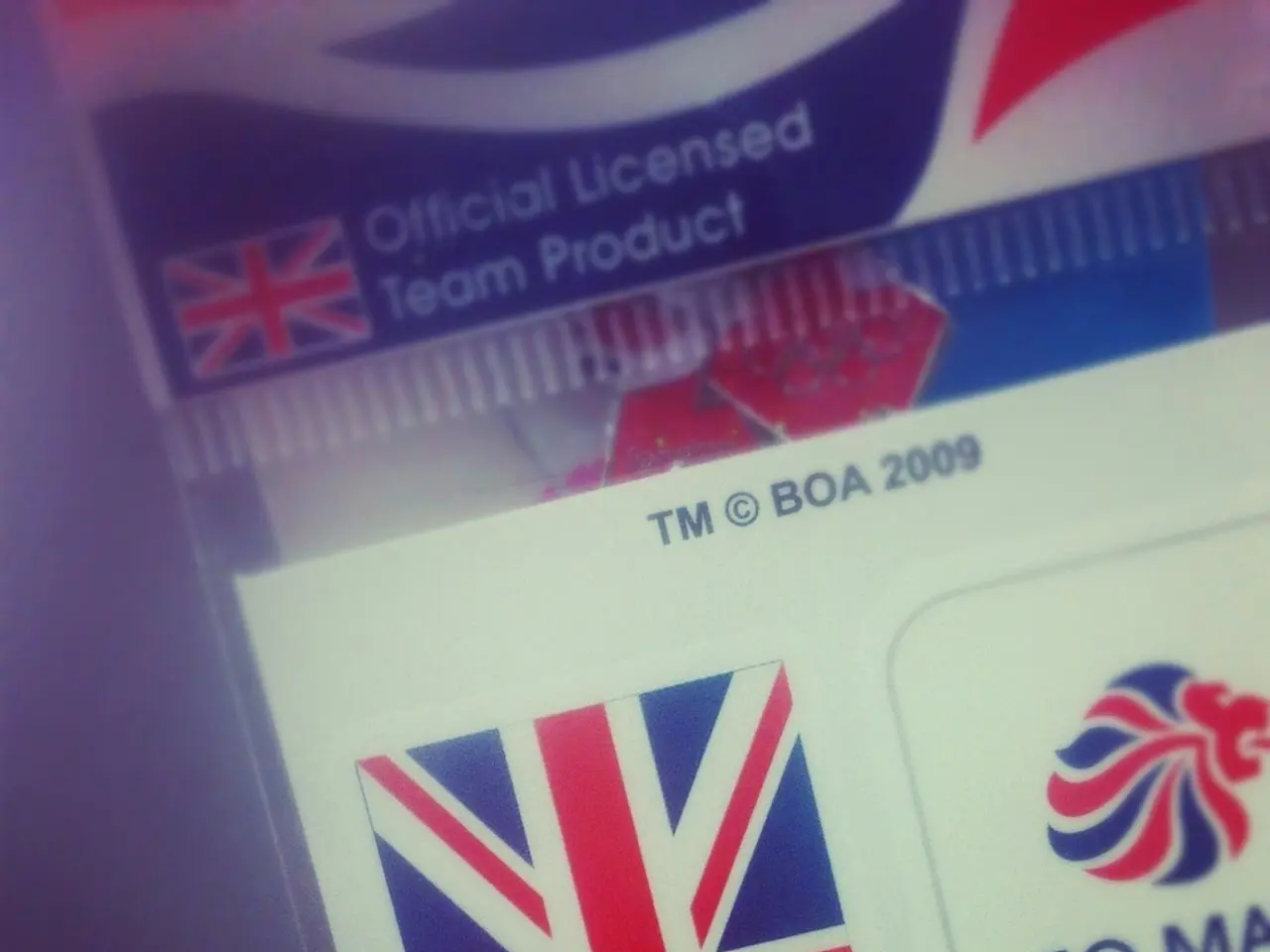Understanding the Impact of Relinquishing on Your U.S. Estate Tax Obligations at the Time of Death
The United States imposes estate tax on both US citizens and non-US citizens who own assets with a connection to the US. Here's a breakdown of how US estate tax applies to non-US citizens and expatriates.
US Situs Assets
US situs assets are assets that have a connection to the US and are generally subject to US estate tax. These assets include US real estate, US stocks and ETFs, tangible personal property physically located in the US, US-based retirement accounts, investment accounts with US brokerage firms, and cash or currency stored in US safe deposit boxes.
Estate Tax for Non-US Citizens Not Domiciled in the US
Non-US citizens who are not domiciled in the US are only exposed to US estate tax on US situs assets. The exemption amount for capital gain and exit tax is $60,000, which is significantly lower compared to US citizens and US domiciliaries.
Estate Tax for US Citizens and Domiciliaries
Since 2018, US citizens and US domiciliaries have been subject to estate and gift taxation at a maximum tax rate of 40% on worldwide assets. When a US citizen passes away, they will be subject to Federal estate tax regardless of where their main place of residence was or where their assets are located.
Renouncing US Citizenship
Many people choose to renounce their US citizenship due to the cost or complexity of complying with US tax laws, especially for expats living abroad. Renouncing US citizenship shields non-US assets from estate tax exposure. However, it's important to note that renouncing US citizenship is an irrevocable act that means losing the right to live, work, and vote in the US, and receiving consular protection while abroad.
The process of renouncing US citizenship can take a few months and requires a fee of $2,350. When you renounce, the IRS conducts a deemed disposal of your assets to determine your capital gain and how much exit tax you must pay.
Covered Expatriates
A covered expatriate is someone who is a US citizen or a US green card holder for at least eight of the past 15 years on the date they exit the US tax system and meets any of the following three tests: average annual net income tax in the US was more than $201,000, net worth is at least $2 million, or is not compliant with their US federal tax filing obligations and payment of tax in the last five years. If you are a covered expatriate, you must pay an exit tax on all your assets.
Avoiding US Estate Taxes
For non-US citizens who are not domiciled in the US and wish to avoid US estate taxes on US situs assets, there are alternatives such as using a foreign (non-US) corporation to act as a blocker for US situs assets, using an Irrevocable US Trust to hold US situs assets, investing in US assets that are not subject to US estate taxes, such as American Depository Receipts, US Corporate and Government Bonds that are subject to the portfolio interest exemption, US Treasury Bills or US Certificates of Deposit.
Double Taxation and Debts
If the heirs are located in a civil law jurisdiction where inheritance tax generally applies, there may be a high risk of double taxation. In addition to paying taxes, the Estate's executor must also pay all existing debts the Estate may have before any assets can be distributed to the heirs.
To determine if a person is domiciled in the US, factors such as residential property and lifestyle in the US, statements of intent, visas and work permits, location of business interests, location of family members, motivation for being in the US, length of time in the US, community affiliations, voting registration, driver's license and other memberships are taken into consideration.
It is theoretically possible to be a green card holder and non-domiciliary, in which case US estate tax exposure would be limited to US situs assets only. However, it's crucial to consult with a tax professional to understand the specific implications for your situation.
Read also:
- The Cost of Speech is Zero, True Strength Lies in Unity
- Beginning a Food Truck Venture: Crucial Stages to Achieve Profitability
- Aiming to simplify the move towards cleaner automobiles, the newly established ministry plans to take direct action with Pannier-Runacher, Létard, and Vautrin at the helm.
- "The imperfect yet essential documentary, "Planet of the Humans," raises challenging and uncomfortable inquiries"




